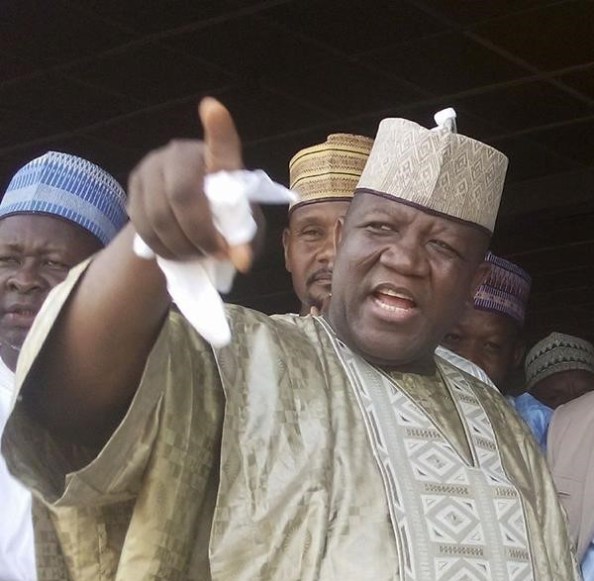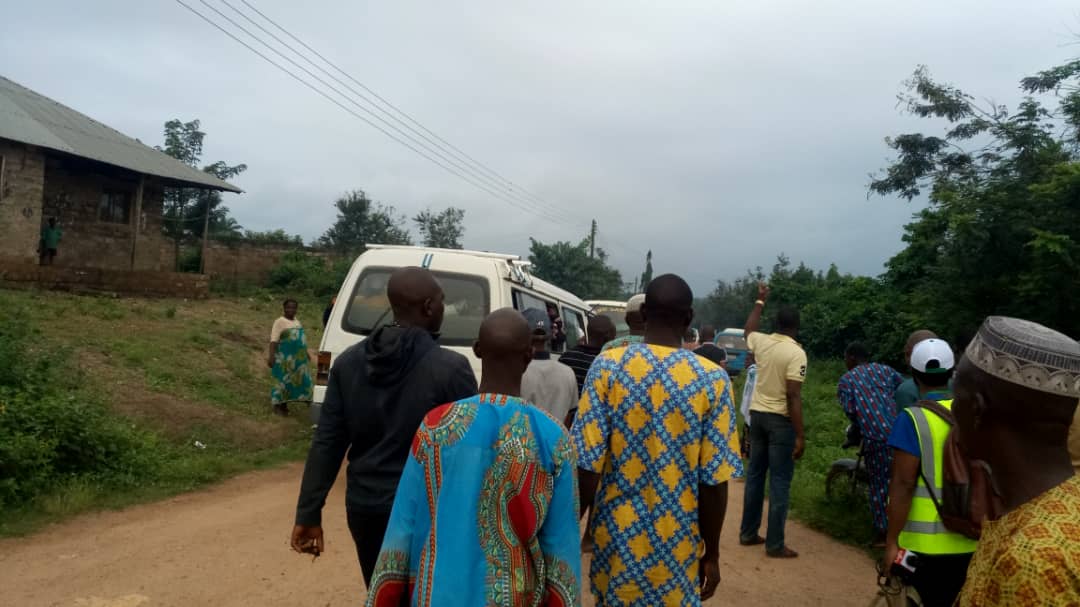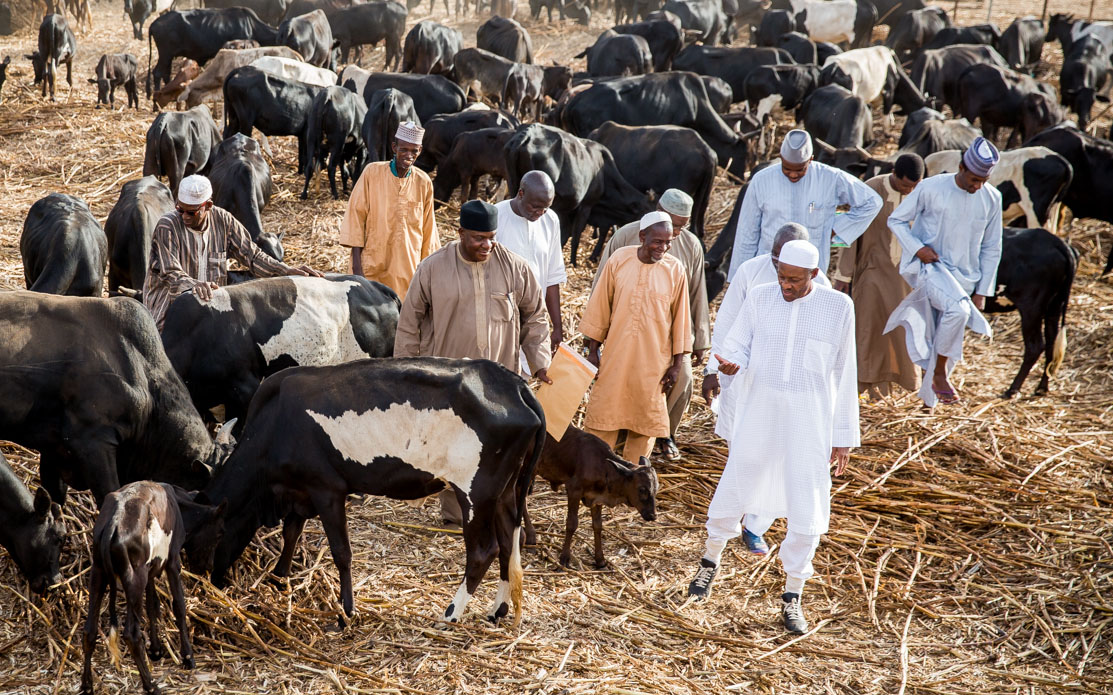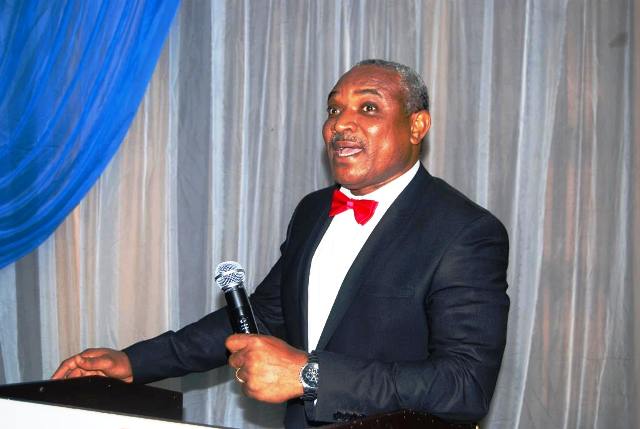Often when people ask me where I am from and I say Zamfara State, the first reaction is astonishment. The jaws drop, the mouth opens wide and the eye brows lift. This is quickly followed by disbelief. I can almost predict to about five seconds, the time, it will take; that instance when the head begins to shake from side to side, before the word NO manages to escape the lips sometimes vehemently to go with the vigorously shaking head other times slipping out almost noiseless, a whisper, in rhythm with the slow shaking head on a body almost paralysed by shock.
But it is true. I am from the state with highest illiteracy rate in the whole of Nigeria. Which pretty much makes it one of the areas with the highest illiteracy rates in the world. Last year, only 28 pupils in a state with a population that is almost 4 million registered for the common entrance exam. In the same year, for the Senior School Certificate Exam NECO written in November/December only 186 students participated. The pass rate was an awful 13 percent, meaning only 24 students made the grade. The results for the last West African school certificate were no better; of Nigeria’s 36 States and the Federal Capital Territory, Zamfara came last. The indicators used to measure development are also abysmal. According to the Oxford Poverty and Human Development Index, 92 percent of the state’s population, that is 9 out of every 10 people, live in poverty. Taking Zamfara, again, to the bottom of the list among all Nigerian states.
This is worse poverty than is found in a state like Borno which has been in a state of war for about 7 years although with bandits and castle rustlers rampaging across the state almost unchecked, the level of insecurity there is almost as high as that found in our war zones. Huge swathes of Zamfara are effectively ungovernable and controlled by bandits and rustlers, essentially putting a stop to agriculture, the mainstay of the state.
The result of this is a population that barely ekes out a living and which is also left to battle with diseases like cholera and meningitis, illnesses that are history in other parts of the country. The Nigerian Medical Association Zamfara chapter has described health facilities in the state as poor. Specifically, they said the facilities are ‘inadequate’ and in a ‘sorry state’ with insufficient health workers. The World Health Organisation has described as “avoidable” the meningitis outbreak which killed hundreds last year.
Advertisement
To be clear, Zamfara, in reality, suffers from only one problem. Bad governance. Every issue that dogs this state and its population can be traced to the curse of having successive governments who deliberately ‘governed’ for themselves instead of serving the general population.
When Zamfara started striving for statehood, the decision was partly fueled by the fact that Gusau, the town which eventually became the capital city of the state, was relatively affluent. Agriculture formed the bed rock of the industries that fueled this prosperity. These industries included a textile company, some ginneries, an oil mill, a sugar factory and a tannery whose raw materials came from the buoyant animal trade in the area. Run by British giant, John Holt, the tannery processed hide and skin for export to Europe. Most people had a job enabling them to look after their families and live in dignity. Gusau also had a pluralistic population, with a diverse range of settler populations from across Nigeria. The result was a vibrant, thriving community whose future was bright.
Two decades after statehood, however, that future is not only dim, the state is facing an existential crisis. All the advantages the state had, have been frittered away. Successive leaders have been visionless making no plans to mitigate predictable problems caused by a growing population and the impact of climate change, but more damaging was the deliberate politicization of religion.
Advertisement
As Governor, Ahmed Yerima introduced sharia to deflect from his many failures and in doing so set the state on a path of intolerance and the shutting down of political dissent on the grounds that those who opposed him were anti-God for challenging his status as the “anointed”. The current Governor, Abdulaziz Yari, has also happily abdicated his responsibilities. Recently, it was his public distancing from his job as Chief Security Officer. He said he was resigning from that particular role although he didn’t deem it fit to return the funds set aside for security known as the security vote. Last year, instead of providing basic health care for his people, he chose to blame them for the scourge of meningitis which killed hundreds. He said that the people of Zamfara were being punished by God for their sins. Had we been really in that era when God was smiting sinners, Zamfara would have been a paradise because no doubt the first to go would have been those who have abused the trust and leadership bestowed on them. Alas, the people of Zamfara have not been that lucky.
Instead religion has been used to steal their ability to challenge leaders that are clearly failing them. In these upcoming elections, religion is once again being wielded as a tool. Some religious leaders have been using their mosques to preach that those who go against leaders are going against God because it is He who gives power. The irony is that this religiousity has not compelled these leaders to be honest and judicious in looking after the wealth and the people entrusted to them. Both are required qualities of leaders in Islam. But you won’t hear these clerics preach in detail the punishment reserved for leaders who betray their people as clearly spelled out in the Koran. No stern warning, nothing, just a continues admonition to the people of Zamfara to remain true to rogues who have refused to be true to them. The result is high unemployment rates, an uneducated, idle youth population prone to drug use and a general malaise and hopelessness which is fueling conflict and crime.
These forthcoming elections are therefore critical for the people of Zamfara. Their circumstances are so dire, that if the state ends up with more of the type of leaders it has had in the last two decades, the areas in the state that remain habitable and relatively governable, are likely fall prey to the banditry and lawlessness that has made life hellish in the rest of 60 percent of the state.
There is everything to fight for in these elections and it seems, finally, the people of Zamfara who have been pushed to the wall are ready. The party that will win elections in Zamfara in 2019 is the one that is not only able to come up with viable, sustainable plans for the serious problems of the state, but is evidently able to implement them. The quality of those seeking elective office needs to be stellar. Track records will be an important yardstick for determining who is capable of providing service to the people of Zamfara.
Advertisement
Any party that truncates the people’s right to choose those who will lead them in the name of anointing a successor should forget about winning elections in 2019. The situation in Zamfara is now desperate and its distressed people will do whatever it takes to unshackle themselves from failed leaders who want to continue governing by proxy. Zamfara will thrive again and if this means giving political ‘godfathers’ a bloody nose, so be it!
The writer is a journalist and television host
Views expressed by contributors are strictly personal and not of TheCable.







